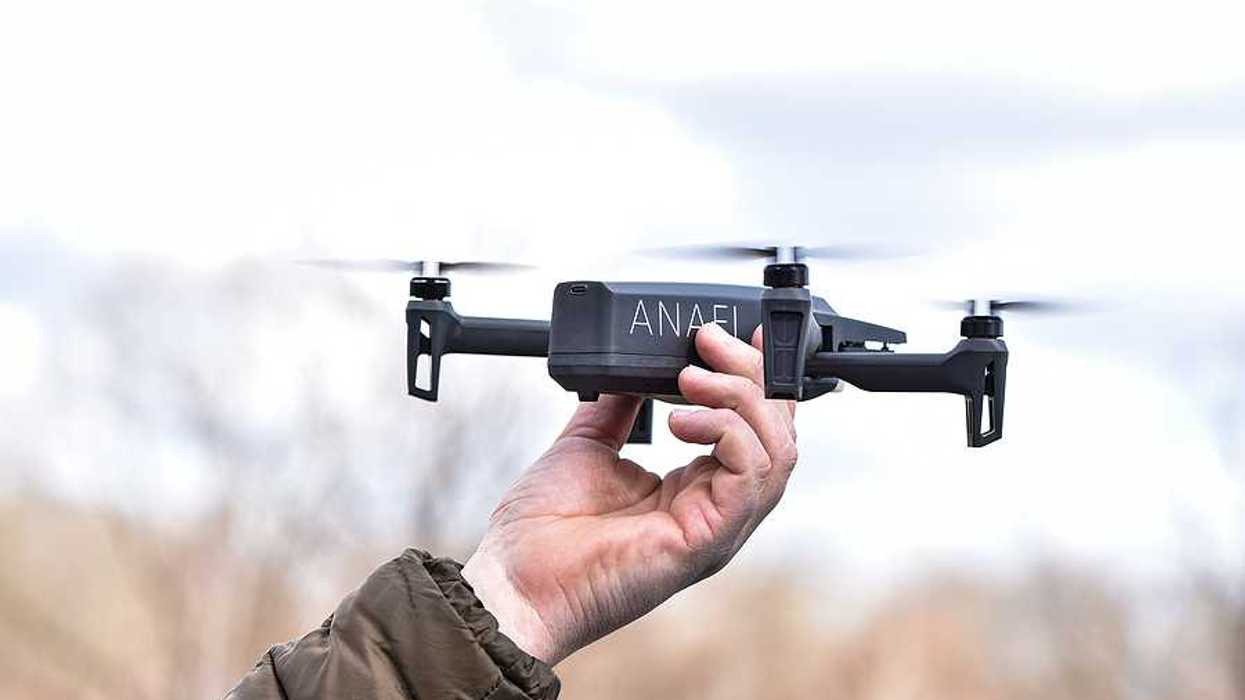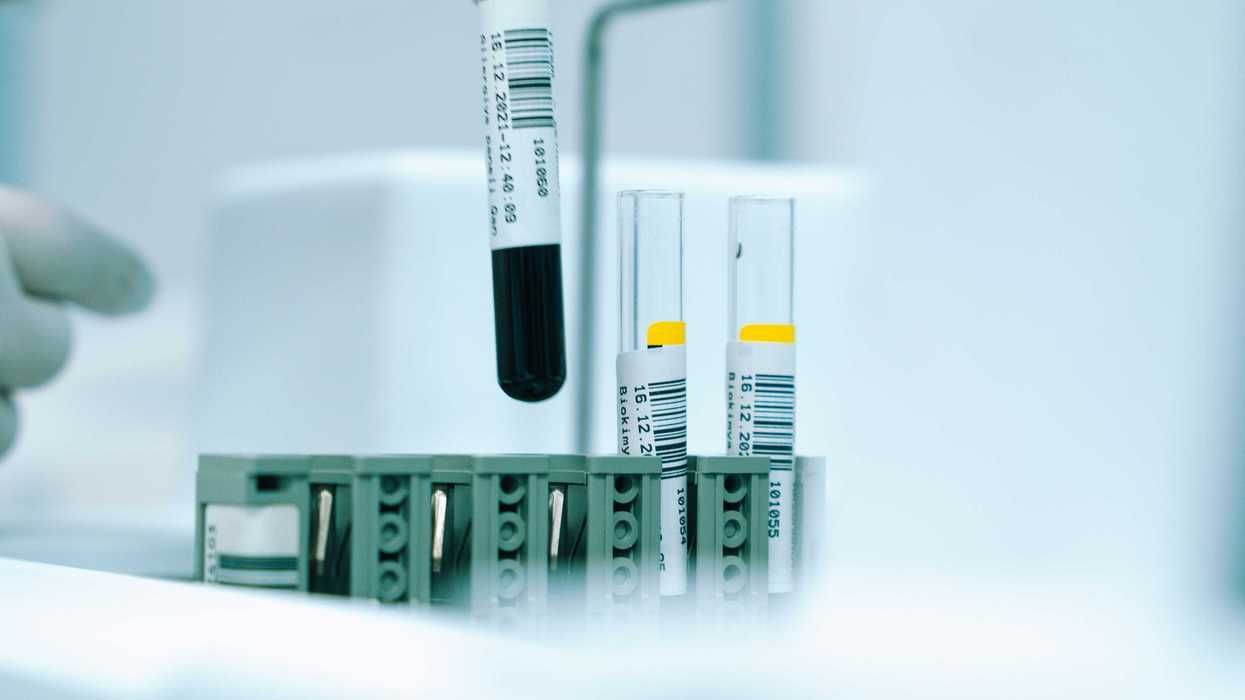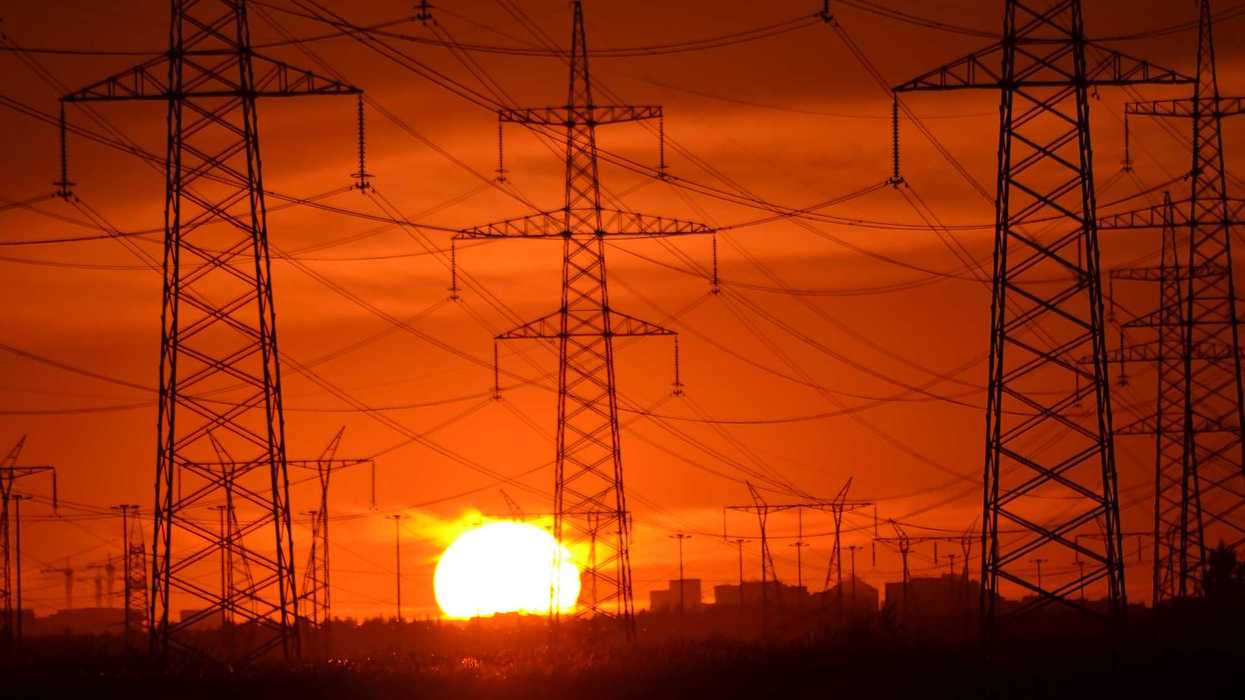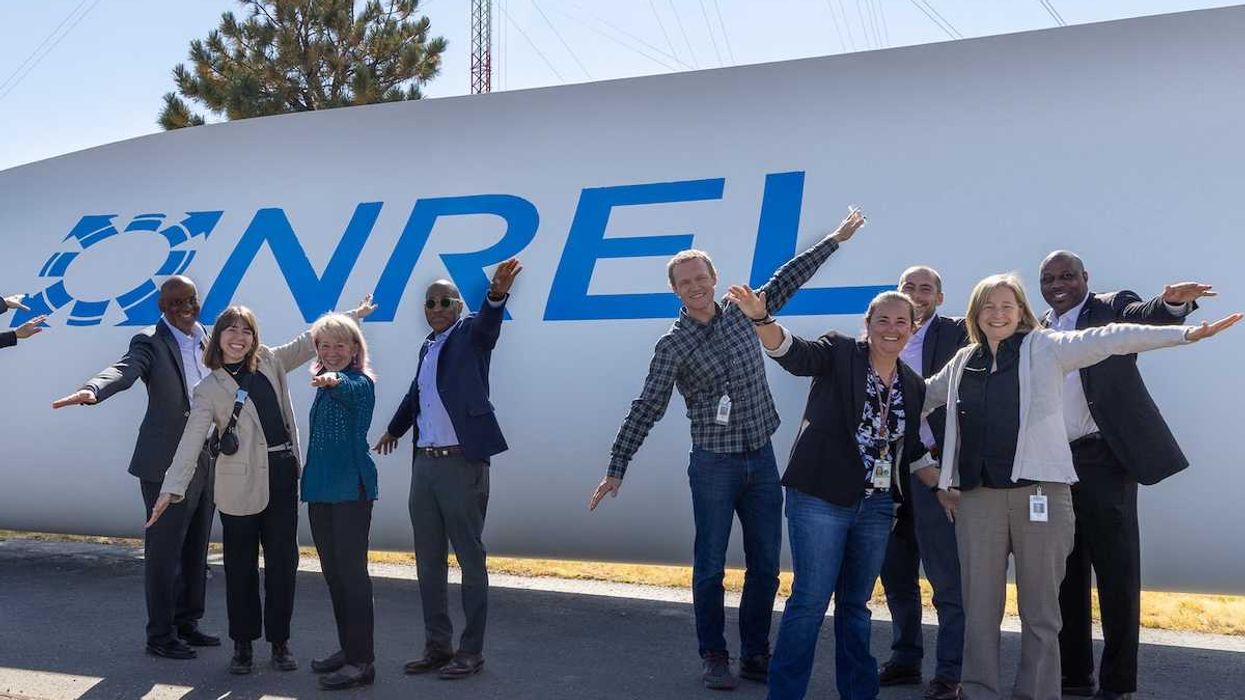Scientists and entrepreneurs are racing to reinvent agriculture to feed a booming population and fight climate change, but their high-tech solutions keep falling short.
Elizabeth Kolbert reports for The New Yorker.
In short:
- The original Green Revolution boosted food yields but created environmental and economic inequalities, especially for small farmers. Many couldn’t afford the fertilizers and irrigation required for success.
- In his new book, journalist Michael Grunwald explores modern alternatives like carbon farming, vertical agriculture, and lab-grown meat, but finds most are failing under scientific or economic scrutiny. One indoor vertical farm alone, AeroFarms, needed all of America’s renewable power to scale, notes Grunwald.
- Vaclav Smil's latest book argues that we don’t need miracles — just less waste and less meat. Up to 40% of food is discarded, and feeding crops to livestock is wildly inefficient.
Key quote:
[We predict] “a tragic mismatch of global food supply and demand by mid-century. We are not on track to meet future food needs. Not even close.”
— 2025 open letter authored by more than a hundred Nobel laureates
Why this matters:
With agriculture already a top driver of climate change, the future of food is a health and environmental crisis in the making. And yet, the most boring answer might be the right one: eat less meat, stop throwing out nearly half our food, and make better use of what we already grow. It doesn’t sound revolutionary, but maybe that’s the point.
Read more:














